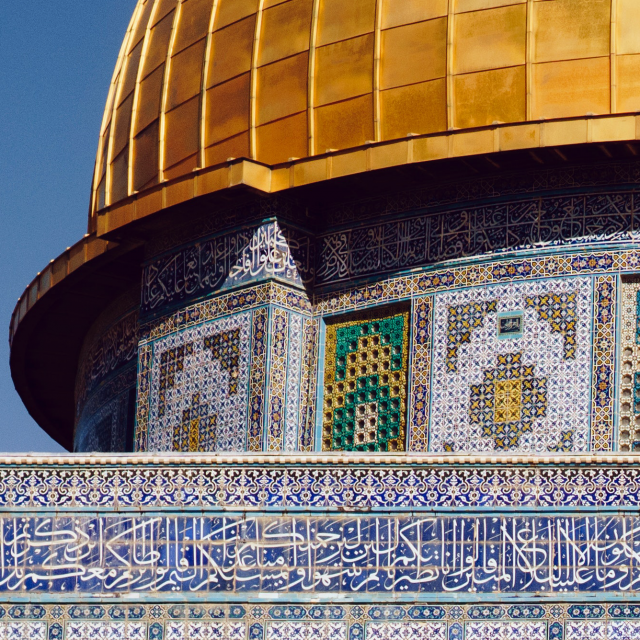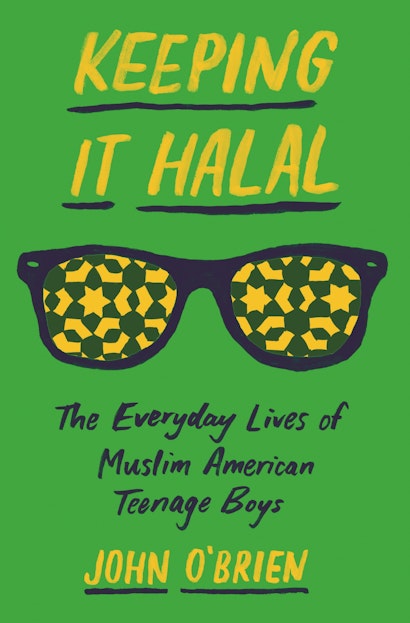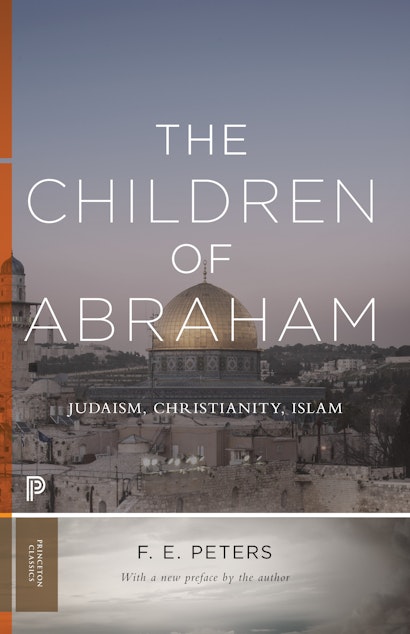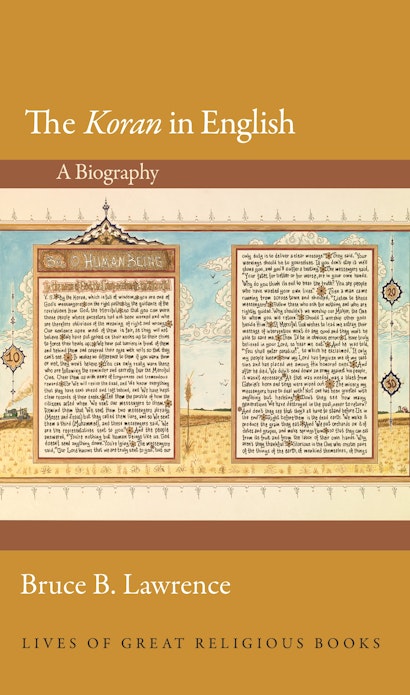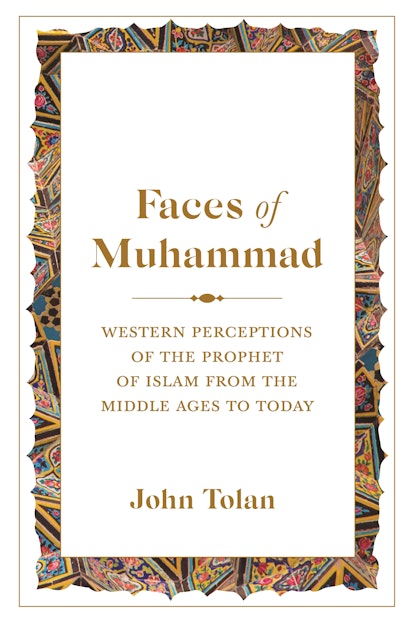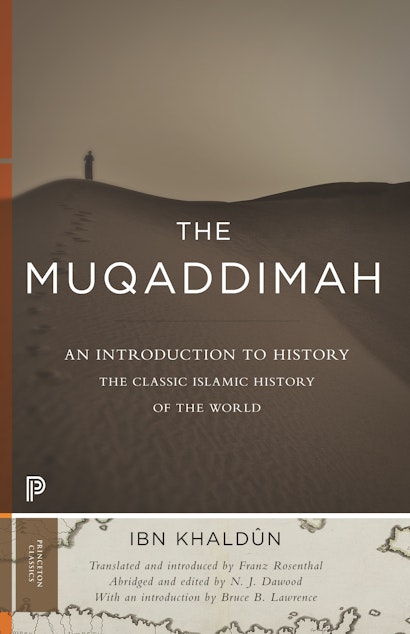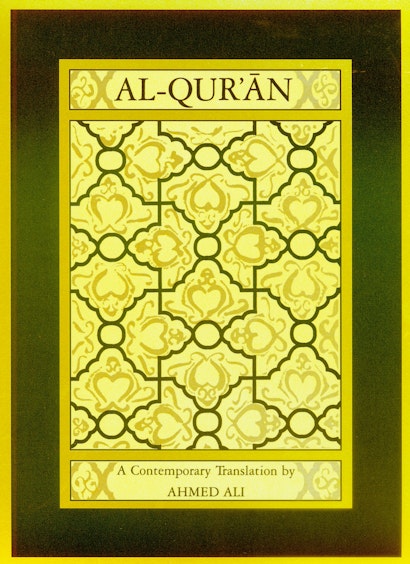The Muslim festival of Eid al-Adha, or Feast of Sacrifice, commemorates the willingness of Ibrahim (Abraham) to sacrifice his son in obedience to God’s wishes—and God’s mercy in providing a lamb to sacrifice instead after Ibrahim’s faith had been tested—and also marks the end of the hajj pilgrimage to Mecca. The festival, which falls on August 11 this year on the Gregorian calendar and traditionally lasts four days, is a time for communal prayer, visiting with family and friends, and exchanging gifts. Princeton University Press publishes many acclaimed and award-winning books about Islam and the Abrahamic faith traditions. Here are six essential reads for this holiday season of celebration, sharing, and remembrance.
Ahmed Ali’s elegant translation of Al-Qur’ān is perhaps the most vibrant and stylistically faithful version in English of Islam’s revered holy book. Ali, who died in 1994, was a Pakistani novelist, poet, critic, and diplomat. In this handsomely bound edition, his contemporary translation is presented alongside the original Arabic and captures the living voice of Al-Qur’ān, conveying all the subtlety, depth, and spiritual power of what is arguably the world’s finest work of classical Arabic literature.
Sociologist John O’Brien conducted more than three years of intensive fieldwork at a large urban mosque, gaining a rare perspective on the social world of a group of young male friends as they managed the day-to-day cultural dilemmas of growing up Muslim in America. Keeping It Halal is O’Brien’s award-winning chronicle of what he learned. Closely following these boys as they move through their teen years together, this book offers a thought-provoking portrait of typical American teenagers concerned with typical teenage issues—girlfriends, school, parents, being cool—yet who are also expected to be good practicing Muslims.
The shared heritage of the great Abrahamic faiths is the subject of our Princeton Classics edition of F. E. Peters’s landmark study of Islam and its spiritual siblings, Judaism and Christianity. The Children of Abraham traces the three religious traditions from the end of the Babylonian exile to the height of the Middle Ages, providing a compelling family portrait that balances their similarities and differences with incomparable skill, clarity, and objectivity. This is a book about common ground.
Bruce Lawrence reveals how truly challenging it is to translate the original Arabic of God’s revelation to Muhammad. The “Koran” in English tells the story of the continuing struggle to render these profoundly sacred and incredibly lyrical verses into English—and to make the English language itself Islamic. A brisk and lively translation saga, this book looks at everything from cyber Korans and feminist Korans to a graphic Koran by the acclaimed visual artist Sandow Birk.
The prophet of Islam has worn many faces in the West. Napoleon considered him to be a brilliant general, orator, and leader. Voltaire came to regard him as an enemy of superstition. Faces of Muhammad traces the evolution of Western conceptions of Muhammad, examining the changing and contradictory visions of him from the Crusades to the present day, and revealing a long tradition of positive portrayals of the prophet that some in the West might find surprising.
The Muqaddimah is the most important Islamic history of the premodern world. Written by the great fourteenth-century Arab scholar Ibn Khaldûn, this monumental work is considered by many to have established the foundations of several fields of knowledge, including the philosophy of history, sociology, ethnography, and economics. This abridged edition of Franz Rosenthal’s acclaimed translation of Ibn Khaldûn’s analysis of the laws of history takes readers into a world that will seem unfamiliar and perhaps even alien to modern readers. It is a world where desert nomads determine the fates of empires, where angels and demons intervene in human affairs, and where the cycles of history turn in accord with the ineffable will of God.
